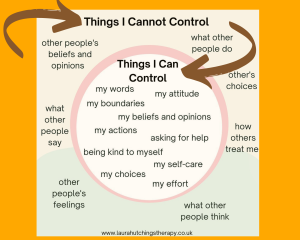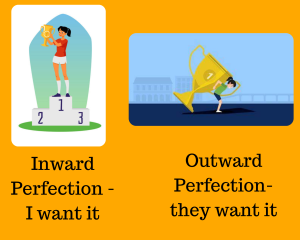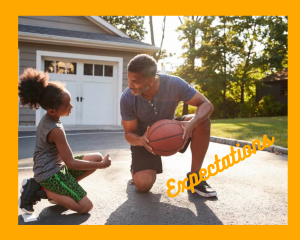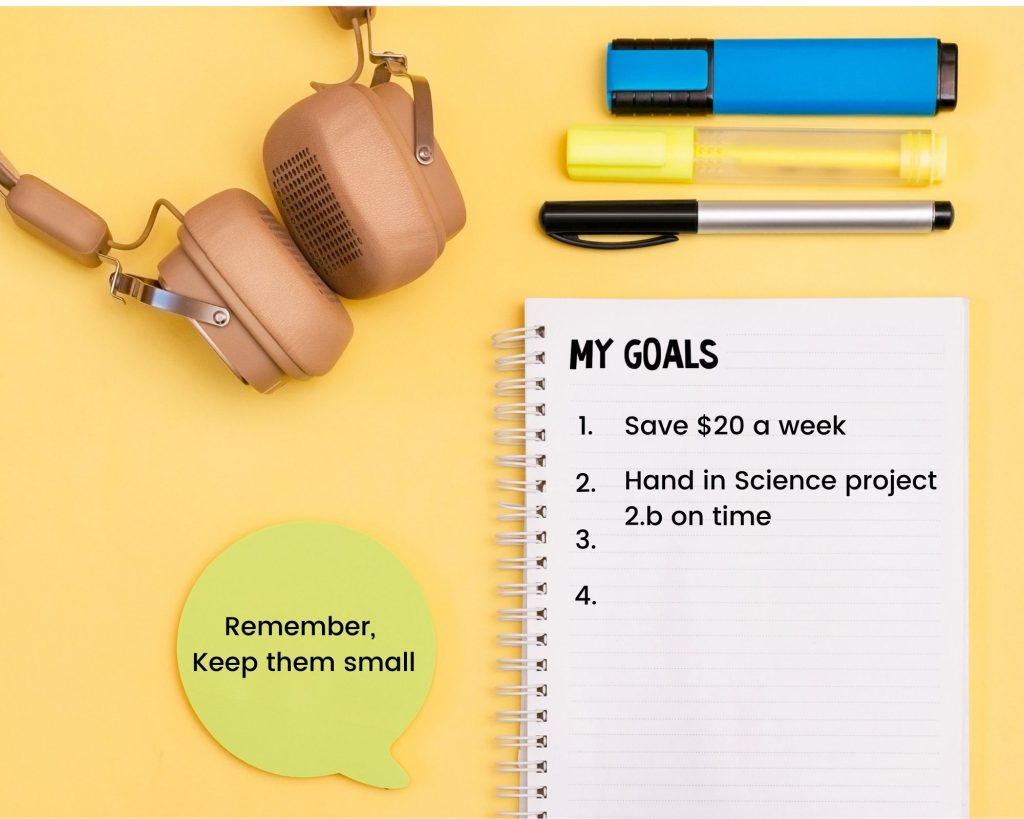7 Tips to Discuss World Events With Teens
7 Tips to Discuss World Events With Teens

‘How do I discuss world events with my teen?’ is a question that has come up a lot lately for the parents we work with. Topics are coming up for teens around things like the ever changing restrictions (or removal of them) with the pandemic, the war in Ukraine, various demonstrations in Canada, etc.
Simply ignoring these topics right now isn’t always the best solution, because your teen is hearing about it anyways – from the media, at school, through their friends, overhearing adults, etc.
Instead, it is important to open a line of communication with your teen where they can feel safe discussing some of their feelings, and asking questions.
We came up with 7 tips to discuss world events with teens for you. You can download a printable version for free HERE.

Discuss World Events With Your Teen Tip #1: Acknowledge the situation (circumstance/event) with your teen in a way that works for them.
It is important to keep in mind where your teen is developmentally. Consider these points when acknowledging the topic at hand:
✅ sticking to facts as much as possible
✅ going into less detail with younger youth
✅ starting broad and following their lead
Discuss World Events With Your Teen Tip #2: Invite your teen to share what they are thinking and feeling.
 Creating space for your teen to sort through what they’re taking in and how they are feeling about it can help them make meaning and express what’s going on for them. This can be done during family time, while going out for a drive, or by creating opportunities to check-in with them individually.
Creating space for your teen to sort through what they’re taking in and how they are feeling about it can help them make meaning and express what’s going on for them. This can be done during family time, while going out for a drive, or by creating opportunities to check-in with them individually.
Note: It is also okay if your teen doesn’t say a lot, especially if they are less talkative or verbal in general!
Discussing World Events With Teens Tip #3: How can you help if your teen is feeling helpless?
If your teen is experiencing a feeling of helplessness and wanting to help in some way, but unsure how, you can support them… Encourage them to take action in a way that fits them. You can brainstorm different ideas together!
Discuss World Events With Your Teen tip #4: Remember that this conversation does not have to be a “one and done”.
With challenging or emotionally difficult topics, sometimes it is better to break up the topic into more manageable conversations. This helps reduce the likelihood of your teen feeling overwhelmed and helps them process the information.
Discuss World Events With Your Teen Tip #5: Use self-regulation and co-regulation strategies.
Self-regulation and co-regulation strategies can be used to keep the conversation calm, open, and nonjudgmental. Regulation is a big topic, but if you need some tips or ideas to get started check out THIS ARTICLE. 
Here are a few top tips:
- Take a few deep breaths before and during the conversation.
- Pay attention to the sensations in your body (is your head pounding, stomach turning, etc.)
- Acknowledge, label, and share your feelings “I’m feeling so sad about this right now:
Discuss World Events With Your Teen Tip #6: Thank your teen
Let your teen know that you are thankful they were willing to talk with you about the difficult topic. Having hard conversations can be intimidating, and it can take a great deal of bravery, honesty, and vulnerability.
Acknowledge that the topic is difficult and also your teen’s strengths in being willing to talk about it!
Discuss World Events With Your Teen Tip #7: Let your teen know it’s okay to take a break.
Steeping themselves in constant information and stories about what is going on is often not helpful and creates more stress and anxiety. (And yes we acknowledge that this is a privilege that we get to turn off the TV or put the phone down.)
Encourage your teen to take breaks to connect with others, do something they enjoy, or share a talent or skill and put something beautiful out in this world.
If you found these tips helpful, share with a friend and download your free printable version HERE.
It is also okay to recognize if you need outside help to ensure your teen’s mental wellness is doing well. We offer 1:1 counselling virtually, or in-person. You can get to know our team and book a free parent consultation with us HERE.
Love,
Team Pyramid Psychology – Chantal, Jessa, and Ally

Counselling (or therapy) is a support that helps people who are facing difficult situations. It’s not meant to “fix you” and it does not mean “something is wrong” with you. It’s about offering a safe place to try new ideas, resolve problems, make changes, and move towards the life you want to live. Different therapists can help people work towards personal, relationship, athletic, educational, and career hopes and goals.
Counselling is a combination of expressing yourself, being witnessed (listened to), discovering resources, and learning new things. There will be times when you will be sharing about your experiences and your counsellor will listen. There are other times when you will be discovering things that will support you to get through difficult situations. Sometimes your therapist will share information, ideas, and resources with you.
We help teen girls build bulletproof mindsets through:
You can learn more about each of our team members HERE or book a free consultation HERE.
If you have something you’d like to read more on – email questions to info@pyramidpsychology.com or DM us via Instagram or Facebook.



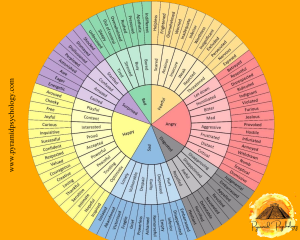 you’re not sure how you’re feeling, using a ‘feeling wheel’ can help you identify your emotions. You can read an article on the benefits of a feeling wheel
you’re not sure how you’re feeling, using a ‘feeling wheel’ can help you identify your emotions. You can read an article on the benefits of a feeling wheel  Tip for Dealing with Change #4 – Celebrate Wins:
Tip for Dealing with Change #4 – Celebrate Wins:





